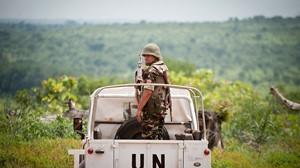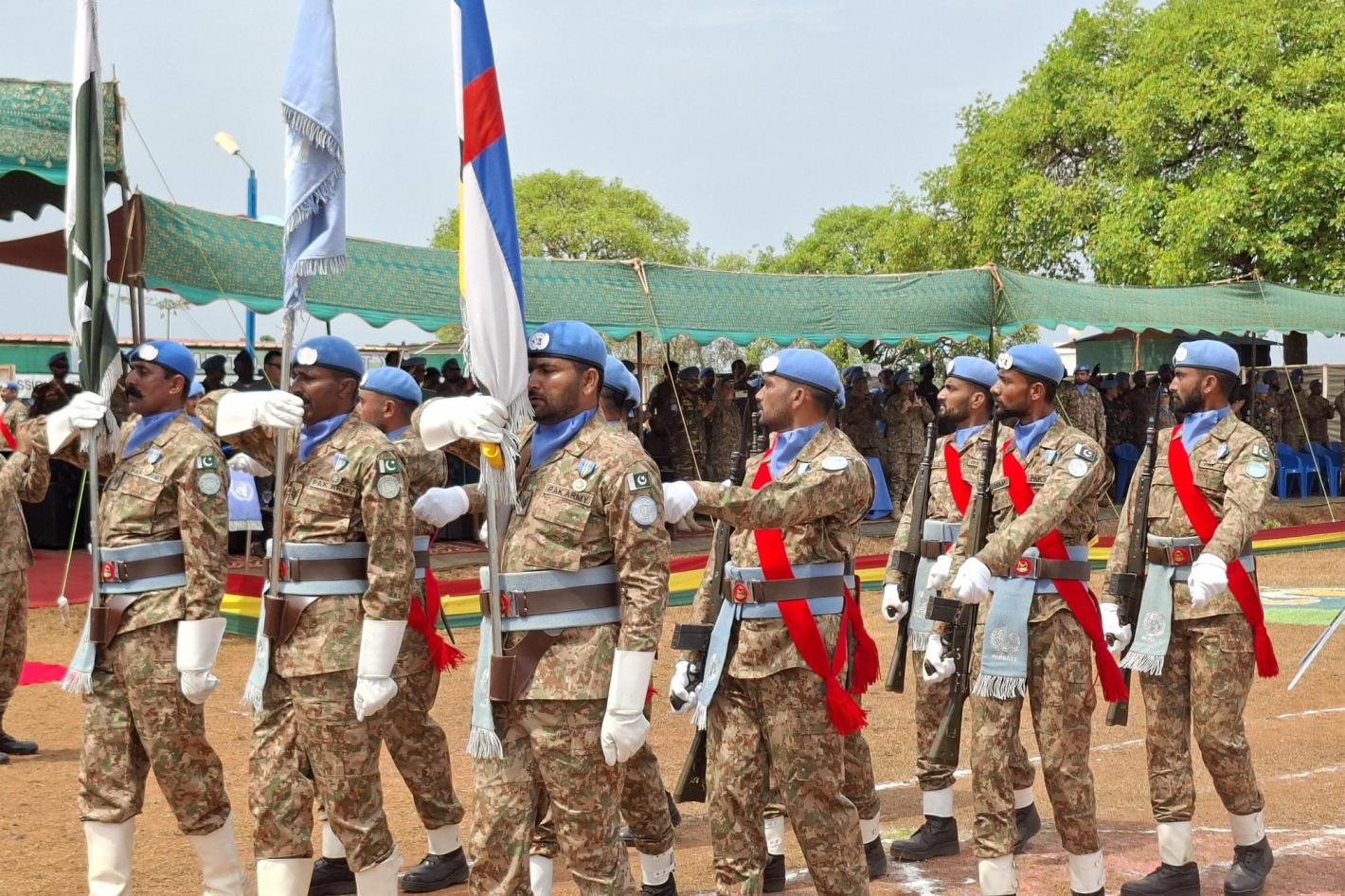“Heightened insecurity in some areas of the country has resulted in postponed or halted distributions by the WFP and other organisations due to the volatility of the situation,” explained WFP spokesperson Elisabeth Byrs.
Recently, significant security-related events occurred in central parts of the country – particularly within the Bambari-Sibut-Dekoa area.
Ms. Byrs elaborated, “There have been substantial movements of armed elements to and from Bambari and rumours of strategic attacks from one militia group, triggering counter attacks from other elements in these areas. Insecurity also remains in Batangafo and Boda.”
In total, six primary and secondary at-risk axes were identified in the west, central and north of the country. “In the past three months, overall nationwide incidents related to access had increased by 38 per cent,” Ms. Byrs informed.
Despite those challenges, WFP had distributed 4,800 metric tonnes for approximately 400,000 people in August, corresponding to 95 per cent of planned distributions for the month.
A consignment of 40 KAMAZ trucks – one of the world’s largest vehicles – were currently on their way to help deliver life-saving food to hundreds of thousands of hungry people in the Central African Republic. Russia donated the trucks, valued at $2.7 million, to WFP’s Afghanistan operation. In 2013, Russia contributed $50 million to support agency operations in 18 countries.
The WFP-managed UN Humanitarian Air Service was also experiencing problems with the supply of jet fuel.
“The contingency stock of fuel was only sufficient to cover one month of air operations,” Ms. Byrs said, “Solutions are being currently discussed with various actors.”
As a result of widespread insecurity in the country, 2014 has been a challenging year for the movement of goods.
“After months of limited truck convoys with armed escorts, two transport blockages at the border of Cameroon and prolonged congestion at the port of Douala, the supply chain of vital humanitarian goods had been severely affected,” lamented Ms. Byrs.
WFP continues to work on diversifying entry points by exploring options and solutions for a consistent flow of incoming food supplies. The idea is to optimize the use of existing corridors and identify an alternative to overland transportation.






